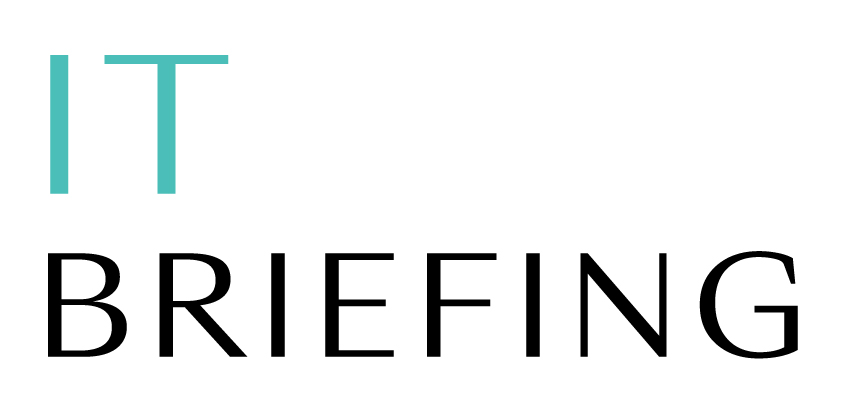Digital Catapult, the UK authority on advanced digital technology, has announced that a new cohort of companies will join Digital Security by Design’s (DSbD) Technology Access Programme (TAP) to trial necessary new cyber security solutions.
Building on the programme’s success to date, eight companies will have access to an Arm Morello board, a prototype evaluation hardware kit based on Capability Hardware Enhanced RISC Instructions (CHERI), to consider its application across critical UK sectors.
DSbD is an initiative supported by the UK Government that is set to revolutionise cyber security in modern-day computing. In partnership with the University of Cambridge and Arm, DSbD’s Technology Access Programme works towards creating a more secure digital environment, in which only planned access to data and operations is permitted. The CHERI Instruction Set Architecture (ISA) will open up new markets for cyber secure-by-design products, providing a competitive advantage to companies that understand its strategic value and identify new use cases, such as protecting device users.
The new cohort’s efforts come as the UK Government stated that cyber security issues are now on an equal footing with other threats such as financial and legal pitfalls to UK businesses, and as the programme’s technology recently received recognition from the UK Government and the White House for its cyber security value. If the hardware and software features are implemented correctly, evidence has established that they can prevent two thirds of hacks, cyber attacks and data breaches, demonstrating the strategic importance of the programme on a global scale.
Bolstering the security of the UK’s device and gaming sector will be critical to maintaining levels of inward investment in the industry, as HaC Arcade will use the Morello board and CHERI architecture to secure a networked gaming rig system that virtually connects players across the UK. Since vulnerabilities can occur on both the network and hardware, additional memory security is highly valuable. ExactTrak aims to improve the security of laptop devices by developing a platform that can securely manage employee devices while complying with government protocols for products used by security and intelligence services, and make this solution available across all enterprises.
The cohort will also look to enhance the safety and security of drivers and those that have fallen victim to cyber-attacks. Coventry-based Secure Elements will develop a solution that uses the Morello Board to identify new vulnerabilities in vehicles’ security systems, allowing for vulnerabilities to be flagged immediately to its cyber security application. Cyntegra, a company that offers solutions to fix systems after they have been attacked by malware, will integrate their own system into Morello and CHERI, to restore an entire system’s functionality back to normal after an attack.
Defence will also be a focus for the new cohort, as Kaze Consulting and Cyber Defence Service Ltd will experiment with and test the Morello board and CHERI architecture to uncover security vulnerabilities in their own products. Kaze Consulting will consider how cyber security can be improved by deploying CHERI devices to new environments, with a view to deploying CHERI to a specialist domain such as the satellite ecosystem, while Cyber Defence Service Ltd will explore how CHERI architecture could monitor and protect critical national infrastructure in the near future.
The remit of the cohort’s solutions extends beyond the UK, with Vividgrd aiming to transform commercial sites into microgrids globally, while OpenLX SP Ltd will deploy its hardware solutions worldwide, collecting data and controlling systems across various sectors. During the programme, Open LX will look to explore how Morello can bring more security to its ultra lightweight “Function-as-a-Service” that blurs the boundaries between on-premise servers, cloud, edge and devices for internet of things (IoT), while the latter will consider how to make digital security an integral part of its distributed internet of things IoT system.
Digital Catapult hopes that the new cohort’s participation on the programme will encourage the development of new security solutions in the long term, as several leading alumni of DSbD, including ScienceScope, have since planned additional development phases to enhance their security measures and solutions.
Jessica Rushworth, Chief Strategy and Policy Officer, Digital Catapult said: “Cyber security remains front of mind for businesses across almost every sector in the UK, and the success of the Digital Security by Design programme is testament to the strategic value and importance of the ongoing collaboration between Digital Catapult, the University of Cambridge, Arm and participating companies, both past and present. Security issues continue to inhibit business growth, so the development of new solutions to tackle real-world cyber security challenges is critical to achieving long-term commercial success. This fifth cohort will build on the groundwork laid by their predecessors, moving us closer to a safer cyber landscape.”
Prof. John Goodacre, Challenge Director, Digital Security by Design, UK Research and Innovation, said: “With the announcement of this Fifth Cohort of the Digital Security by Design Technology Access Programme, we are delighted to offer further businesses across the UK the opportunity to engage with the DSbD Technology and provide applicants with the funding and support to understand how their products and services can benefit, blocking vulnerabilities so that their operations and customers can be better protected against the growing costs and harm of a cyber attack.”
Companies interested in taking part in Digital Security by Design’s Technology Access Programme can register their interest on the DSbD website and be notified when applications open again.





